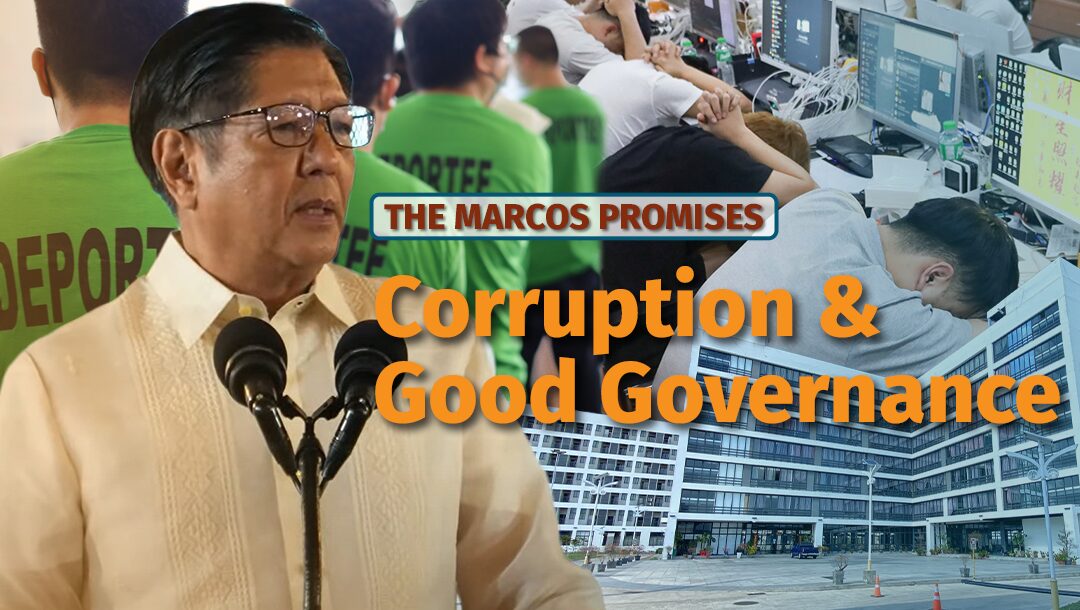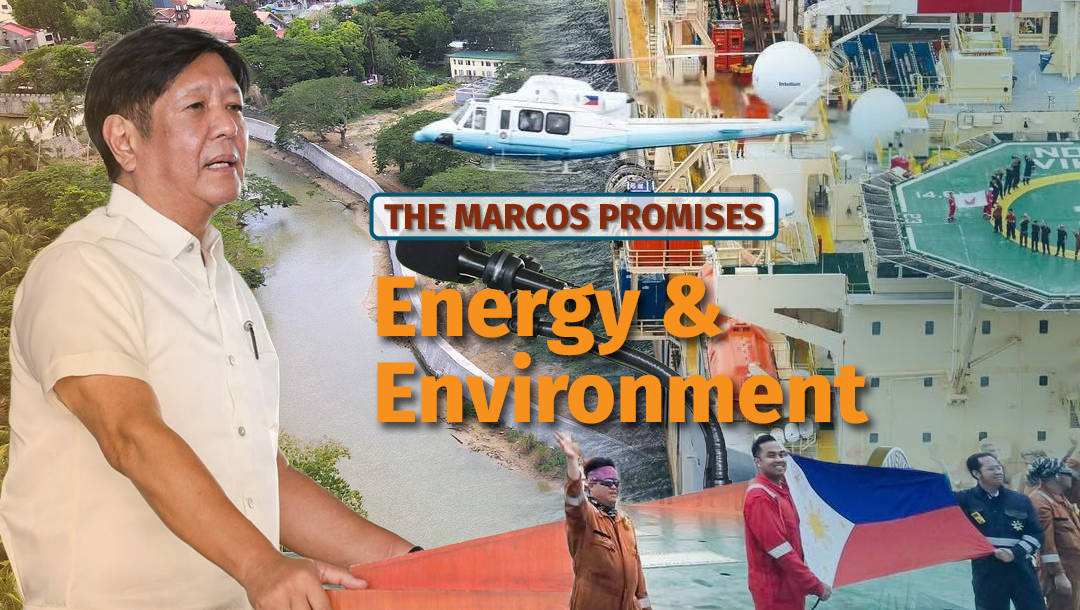After being silent on any anti-corruption promise in his 2023 State of the Nation Address, President Ferdinand Marcos Jr. finally acted on the issue of corruption and good governance in his last year’s SONA. He ordered a ban on all Philippine Offshore Gaming Operators for its “grave abuse and disrespect to our system of laws.”
The move came after law enforcement operations and congressional investigations uncovered a series of criminal activities linked to the offshore gaming industry, such as financial scamming, money laundering, human trafficking, kidnapping, torture and murder.
By the end of 2024, all 304 POGO sites registered with the Philippine Amusement and Gaming Corporation had been shut down across the country, according to the gaming regulator. But PAGCOR senior vice president Raul Villanueva said in a Senate hearing in February that smaller illegal offshore gaming groups still exist.
Marcos also urged agencies to ensure that every centavo of the national budget will be “judiciously spent for urgent priorities and socially impactful programs.”
The Department of Budget and Management reported that P4.83 trillion or 99% of the P4.9 trillion cash allocations it released in 2024 had been utilized, higher than the 98% utilization rate for 2022 and 2023.
However, corruption allegations are hounding the 2025 spending plan. A petition pending before the Supreme Court seeks to declare unconstitutional the P26.16-billion funding for the Ayuda para sa Kapos ang Kita Program, which critics view as “effectively constitut[ing] pork barrel.” The pork barrel, previously budgeted in lump sum as Priority Development Assistance Fund, is a congressional discretionary fund declared illegal by the High Court in 2013.
Halfway through its term, the Marcos administration has come close to its goal of rightsizing and digitizing the government. Two of Marcos’ pet bills which spent three years in the legislative pipeline — the Government Optimization Act and the E-Government Act – have finally hurdled the 19th Congress just before it adjourned last month.
The House of Representatives and the Senate ratified a bicameral committee report in June to fix the bills’ disagreeing provisions, but Congress has yet to transmit copies of the enrolled bill to Malacañang for the president’s signature for the measures to become law.
VERA Files tracks the promises of Marcos on corruption and good governance. See how his administration fared:







